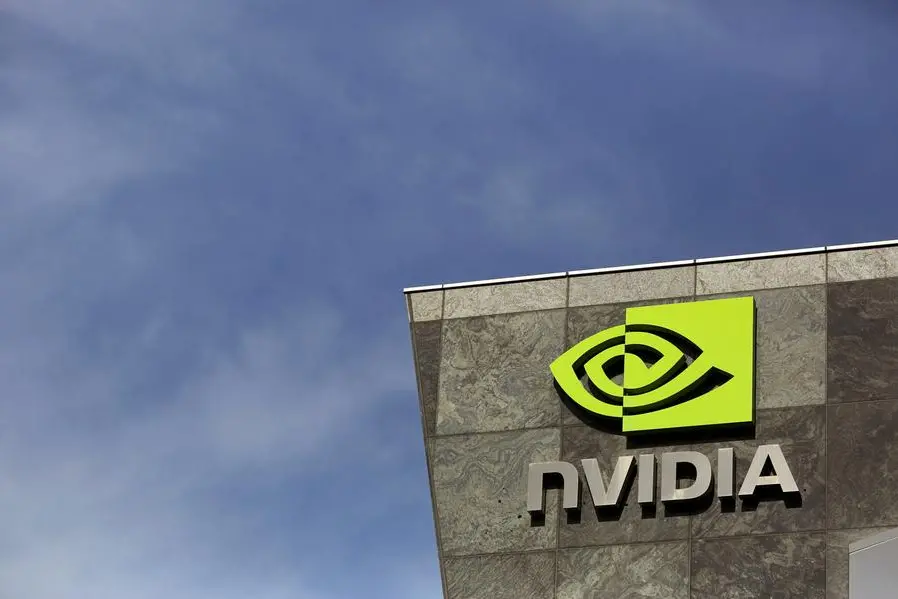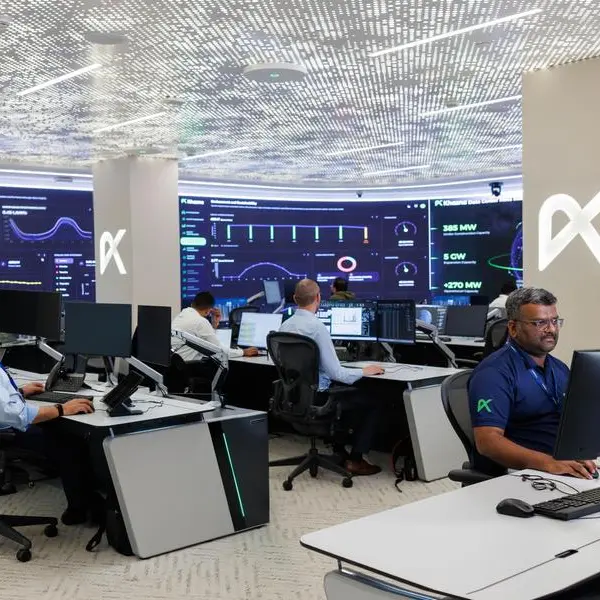PHOTO
Worries over a delay in the launch of Nvidia's upcoming artificial-intelligence chips may be exaggerated, analysts said, as they do not expect the setback to have a big impact on the chip giant's revenue or demand.
According to media reports, Nvidia's Blackwell chips may face delays of three months or more due to design flaws, potentially affecting customers such as Meta Platforms, Alphabet's Google and Microsoft.
Despite recent worries, "it remains clear that demand levels continue to rise, with all major hyperscalers continuing to grow their capex outlooks," Bernstein analyst Stacy Rasgon wrote in a note on Monday.
In the event of a delay, sales of Nvidia's older "Grace Hopper" chips should help to fill the gap, Rasgon added.
"Nvidia's competitive window is so large right now that we don't think a three-month delay will cause significant share shifts."
Nvidia, which commands more than 80% of the AI chip market, stands in a unique position as both the largest enabler as well as beneficiary of surging AI development.
Nvidia CEO Jensen Huang had said in May its latest Blackwell series of AI chips was set to ship in the second quarter.
Supply for in-demand AI chips has remained constrained as manufacturers such as Taiwan's TSMC struggled to catch up and expand capacity for complex techniques such as advanced packaging.
Nvidia CFO Colette Kress had said in May demand for Blackwell chips could exceed supply "well into next year".
Even if there are minor delays, analysts at TD Cowen said they were "confident these issues will likely be resolved whether through firmware or platform updates".
The delays are not reflective of the demand driving data center revenue for Nvidia in 2025, they said.
An Nvidia spokesperson, in response to a media report last week, had said "Hopper demand is very strong, broad Blackwell sampling has started and production is on track to ramp in the second half".
(Reporting by Juby Babu in Mexico City; Editing by Shilpi Majumdar)




















